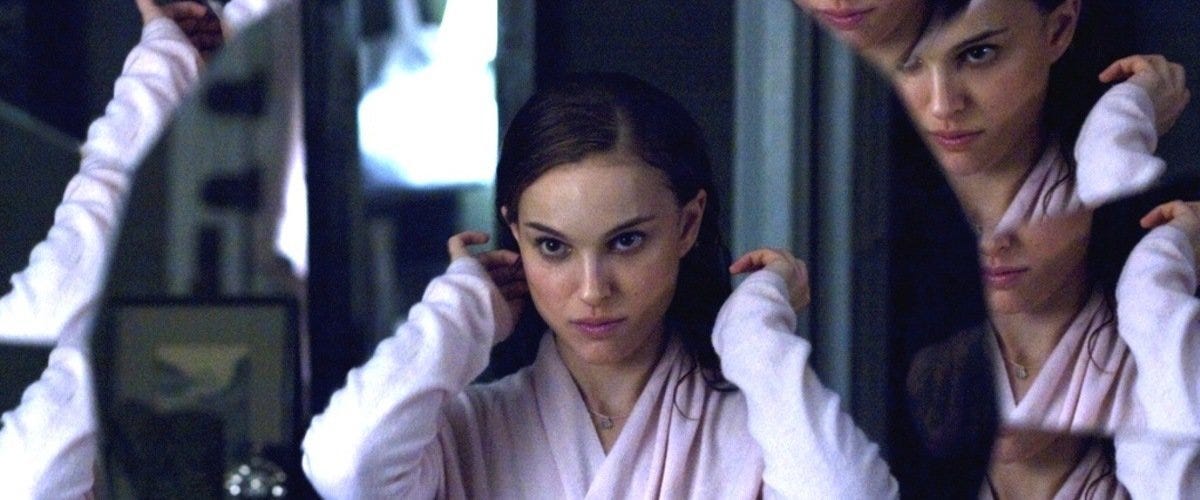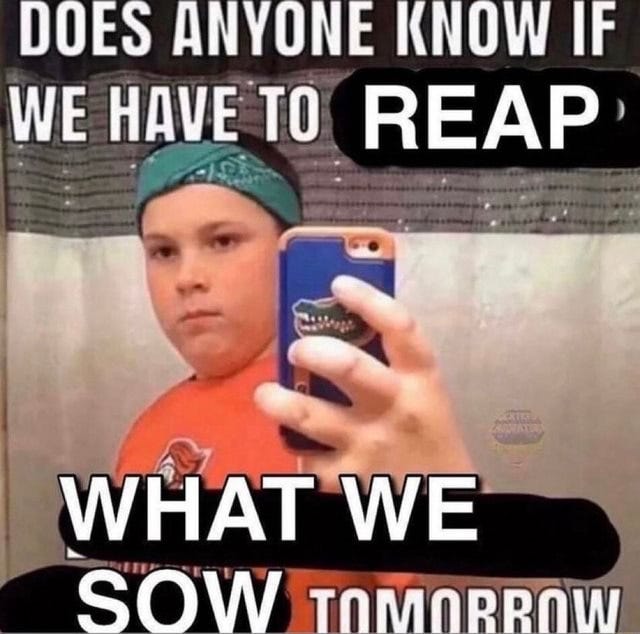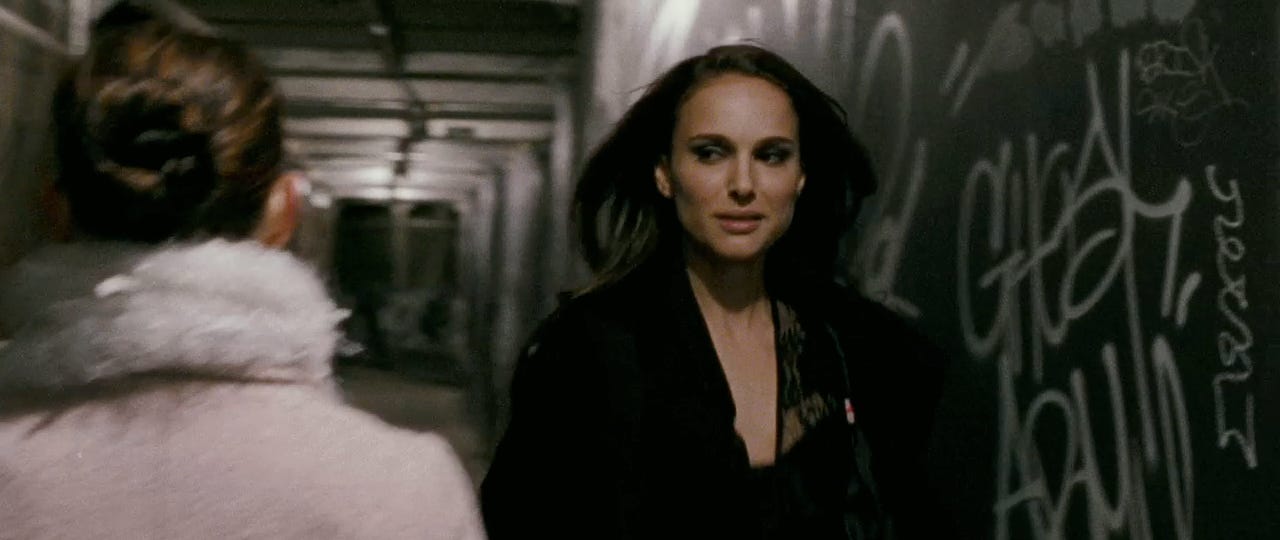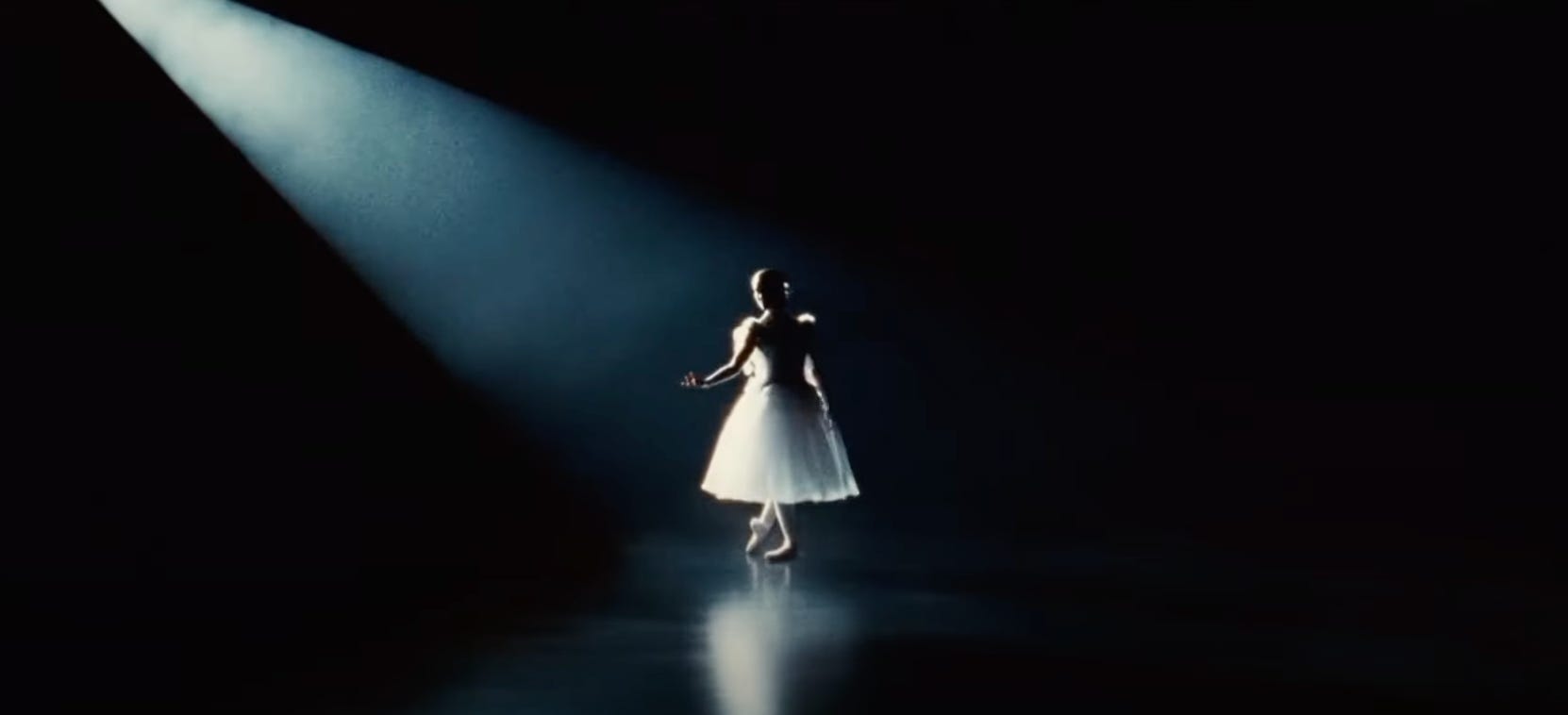It is you against yourself
A very small reflection on arguably the biggest NYC girl essay of all time
“That was the year, my twenty-eighth, when I was discovering that not all of the promises would be kept, that some things are in fact irrevocable and that it had counted after all, every evasion and every procrastination, every mistake, every word, all of it.”
—Joan Didion, “Goodbye to All That” (1968)
To quote Joan Didion’s infamous essay, “Goodbye to All That,” as a woman and writer in New York City, is almost as cliché as cutting bangs after a breakup. But I would argue too much has been said against cliché, and not enough in its defense.
When I first read these words, I was sitting in a café in the East Village, I was concealing the fact that I was reading Slouching Toward Bethlehem—another deeply embarrassing cliché, I thought—and I was nearly twenty-eight myself. At the time, I was something of an impostor in my own life, a studied expert in evasion and procrastination. When I read the passage a second time, I could almost hear the blood rushing through my body. I had been called out, by a woman who had not only been exactly where I was now, but also where I could only dream of going one day.
I closed the book and attempted to reason with myself—another evasion. “Well, congrats to her, but my life is different.” She had prepared a retort for this too, in literally the first paragraph of the same essay:
“[…] One of the mixed blessings of being twenty and twenty-one and even twenty-three is the conviction that nothing like this, all evidence to the contrary notwithstanding, has ever happened to anyone before.”1
The discomfort I felt in reading her words made me sick; it felt something like drinking poison. So I have to deal with the consequences of my actions? Life will disappoint me sometimes? What’s done is done, and I don’t get to go back and do it over, even though I’m so young?2
Yes, as it turns out. It wasn’t until two years later, when I picked up the book again on a whim, that I realized she had been merciful enough to offer the antidote. (It’s titled “On Self-Respect,” and it’s a little over three pages.) Had I finished the book that Sunday in the East Village, I may have realized this sooner.
It is very tempting to believe that because you are twenty-something and struggling, the world is conspiring against you. But sometimes, the pain we feel in life is not from people holding us back, but our own inability to deal with their indifference.3 In other words: no one is out to get you. They just don’t care that much. This is both a little sad and hugely freeing.
More often, the pain we feel is due to our own lack of discipline, determination, and force of will. In “Goodbye to All That,” Didion states a simple, undeniable fact: our actions (and inactions) have consequences. She takes it a step further, actually: they all have consequences, every last one of them.
I’m not saying that you are solely responsible for everything that has ever happened to you. We have all been sabotaged or wounded by others at some point or another: endured a series of unfortunate events, been dumped, needlessly suffered, dealt a bad hand. But, in looking back on it, those were never the things that broke me. The thing that broke me was my own inaction in the face of those circumstances, my desire to lick my wounds, my lack of courage, and my refusal to get up off the ground and keep going.
You’re going to take a few punches in life. You may even throw them. But these interpersonal conflicts are petty skirmishes, quickly forgotten. The great, never-ending war is within yourself. With every decision we make, we bring ourselves a little bit closer to what’s good for us, or a little bit closer to what’s bad for us. The sun rises every day, no matter how tired we are. And every day, we drag the same body out of bed and look at the same face in the mirror. It’s not you against the world; it’s you against yourself.
I don’t want this to come off as a Personal Responsibility Diatribe. Bad things happen, life isn’t fair, we all make mistakes. I’m just acknowledging that we have to live with these things—no matter what they are—and we can choose how to respond. If we choose to romanticize our suffering and isolate ourselves, we hold ourselves back. Do not delude yourself: this is a choice. In every moment of our lives, we can choose to close our hearts or open them.
It all counts, after all.
Man is his own star; and the soul that can
Render an honest and perfect man,
Commands all light, all influence, all fate;
Nothing to him falls early or too late.
Our acts our angels are, or good or ill,
Our fatal shadows that walk by us still.
—The Honest Man’s Fortune, epilogue
quoted in Ralph Waldo Emerson’s “Self-Reliance” (1841)
Or twenty-eight, in my case.
Again: I was twenty-eight. Lol.
“The Haters” are largely a figment of your imagination. But if you do have them, I can assure you if you ever met them in real life—or knew what it’s like inside their minds—all you would feel is pity.










I wish I had read this five years ago! But sometimes you have just have to live it before you actually learn it irritatingly...
I just had this conversation in therapy this week. How ‘bad’ the world can be and how hard things happen and more misfortune is really then only certainty…so why not live, like really LIVE right now? Why not reach for the best? Be defiant in your joy. Who knows how long we get. I thought I had learned this life lesson after cancer but clearly I needed another reminder on the merry go round 🙃